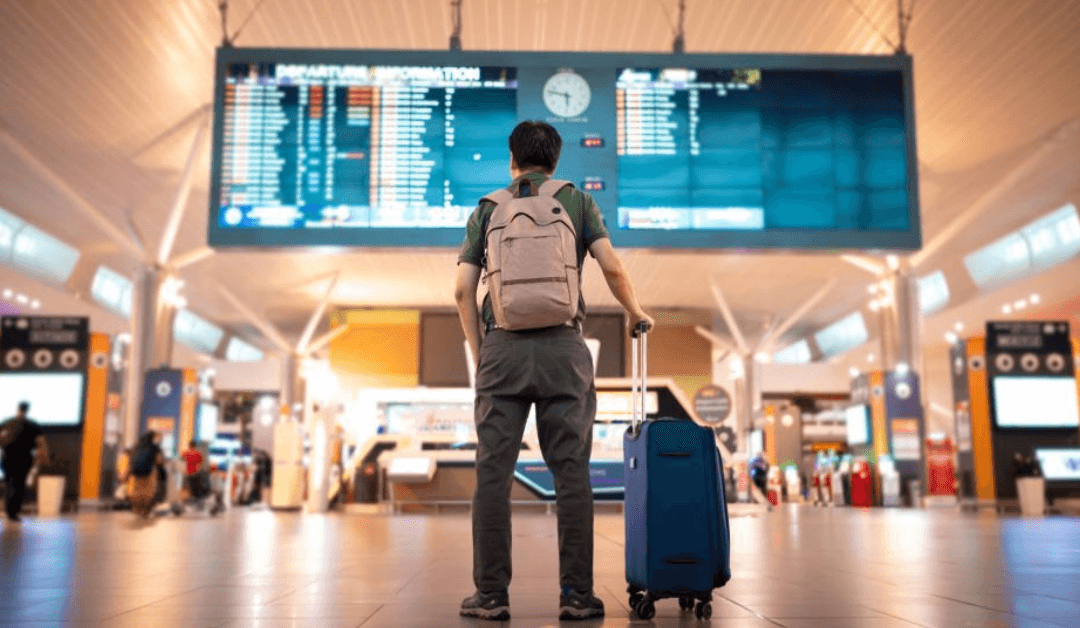Introduction
Navigating the world of visas can be a daunting task, especially when it’s for something as critical as medical treatment. If you’re considering traveling to India for medical purposes, understanding the intricacies of the medical visa is crucial. This guide will walk you through everything you need to know about obtaining a medical visa for India, ensuring you’re well-prepared for your journey. MEDICAL VISA FOR INDIA
What is a Medical Visa?
A medical visa is a specialized visa granted to individuals seeking to travel to a foreign country for medical treatment. In India, this visa is specifically designed for foreign nationals who need medical procedures or consultations that are not available or feasible in their home country.
Who Needs a Medical Visa?
Eligibility Criteria
Medical visas are typically required for individuals who need to undergo treatment that is not available in their home country or requires advanced medical facilities. Here are some key points to determine if you need a medical visa:
- Serious Medical Conditions: If you’re suffering from a serious medical condition that requires specialized treatment in India.
- Advanced Treatments: If you need treatments like surgeries or therapies that are more advanced or affordable in India.
- Medical Opinion: If you need a consultation from renowned specialists in India.
Types of Medical Visas for India
Various Categories and Their Purposes
India offers different types of medical visas depending on the nature and duration of the treatment. Here are the primary categories: INDIAN VISA ONLINE APPLICATION
- Medical Visa (M Visa): For those requiring long-term medical treatment.
- Medical Attendant Visa (MX Visa): For individuals accompanying the patient to provide support and care.
- Medical Visa for Short-term Treatment: For treatments that are less extensive or of shorter duration.
Eligibility Requirements
Basic Requirements and Documentation
To apply for a medical visa, you need to meet certain eligibility criteria and provide specific documentation:
- Medical Certificate: Proof from a recognized medical institution indicating the need for treatment in India.
- Valid Passport: Your passport must be valid for at least six months from the date of application.
- Photographs: Recent passport-sized photographs.
- Proof of Financial Means: Evidence showing you can cover the costs of treatment and stay in India.
Application Process
Step-by-Step Guide
- Obtain a Medical Certificate: Secure a detailed medical certificate from your local physician.
- Gather Required Documents: Compile all necessary documents including passport, photographs, and medical records.
- Complete the Visa Application Form: Fill out the application form available on the Indian embassy or consulate website.
- Submit the Application: Submit your application along with the documents to the Indian embassy or consulate.
- Attend an Interview: If required, attend an interview at the embassy or consulate.
- Wait for Processing: Visa processing times can vary, so ensure you apply well in advance of your intended travel date.
Documents Required
List of Necessary Documents
- Completed Visa Application Form: Accurately filled out and signed.
- Passport-sized Photos: Usually two recent photographs.
- Passport Copy: Valid for at least six months with blank pages.
- Medical Certificate: Detailed report from your doctor.
- Proof of Financial Means: Bank statements or financial documents.
- Travel Itinerary: Details of your travel plans in India.
Processing Time
Typical Timeframes for Visa Processing
The processing time for a medical visa can vary depending on various factors including the volume of applications and specific consulate requirements. Generally, it takes around 2-4 weeks. However, it’s advisable to apply at least 6-8 weeks before your intended travel date to accommodate any delays.
Visa Fees
Cost of Application and Additional Fees
The fees for a medical visa vary based on your nationality and the duration of the visa. It typically includes:
- Visa Application Fee: Paid at the time of application.
- Service Charges: Additional charges may apply for processing and service.
- Attendant Visa Fee: If applying for an attendant visa, additional fees may be required.
Medical Facilities in India
Top Hospitals and Clinics
India is renowned for its advanced medical facilities. Some of the top hospitals include:
- Apollo Hospitals: Known for its extensive network and specialized care.
- Fortis Healthcare: Offers a wide range of medical treatments and facilities.
- Medanta – The Medicity: Renowned for its multi-specialty care.
- Max Healthcare: Provides high-quality medical services and treatment options.
Accommodation and Travel
Tips for Finding Accommodation and Travel
When traveling for medical treatment, it’s essential to plan your accommodation and travel in advance:
- Accommodation: Look for hotels or guest houses close to the hospital for convenience. Many hospitals also have tie-ups with local accommodations.
- Travel: Arrange for transportation in advance, considering options such as airport transfers and local travel.
Medical Visa vs. Tourist Visa
Key Differences and When to Choose Each
While both visas allow entry into India, they serve different purposes:
- Medical Visa: Specifically for individuals seeking medical treatment.
- Tourist Visa: For general tourism purposes and does not cover medical treatment.
It’s crucial to apply for the correct visa to avoid legal complications and ensure your stay aligns with the purpose of your visit.
Challenges and Solutions
Common Issues and How to Overcome Them
- Visa Delays: Apply well in advance and follow up regularly.
- Documentation Issues: Ensure all documents are complete and accurate to avoid rejections.
- Medical Facility Availability: Research and secure your treatment facilities ahead of time to avoid last-minute issues.
Useful Tips for Applicants
Tips for a Smooth Application Process
- Start Early: Begin your application process well ahead of your travel date.
- Verify Requirements: Check the specific requirements of the Indian embassy or consulate.
- Keep Copies: Maintain copies of all documents and correspondence.
Conclusion
Obtaining a medical visa for India is a well-defined process, but it requires careful preparation and attention to detail. By following this guide, you can navigate the application process smoothly and focus on your treatment. Remember to plan ahead, ensure you meet all the requirements, and consult with professionals if needed. Safe travels and best wishes for your treatment!
FAQs
1. Can I apply for a medical visa online?
Yes, you can start the application process online through the Indian embassy or consulate’s website. However, you may need to submit physical documents or attend an interview.
2. How long is a medical visa valid for?
A medical visa is typically valid for the duration of the treatment, which can range from a few months to a year, depending on the nature of the medical condition and treatment required.
3. Can my family accompany me on a medical visa?
Yes, family members can apply for a Medical Attendant Visa (MX Visa) to accompany you and provide support during your treatment.
4. What should I do if my medical visa application is rejected?
If your application is rejected, review the reason for rejection and address any issues. You can reapply or seek assistance from the Indian embassy or consulate.
5. Are there any specific vaccinations required for traveling to India for medical purposes?
It’s recommended to check with your healthcare provider for any necessary vaccinations or health precautions before traveling to India.


